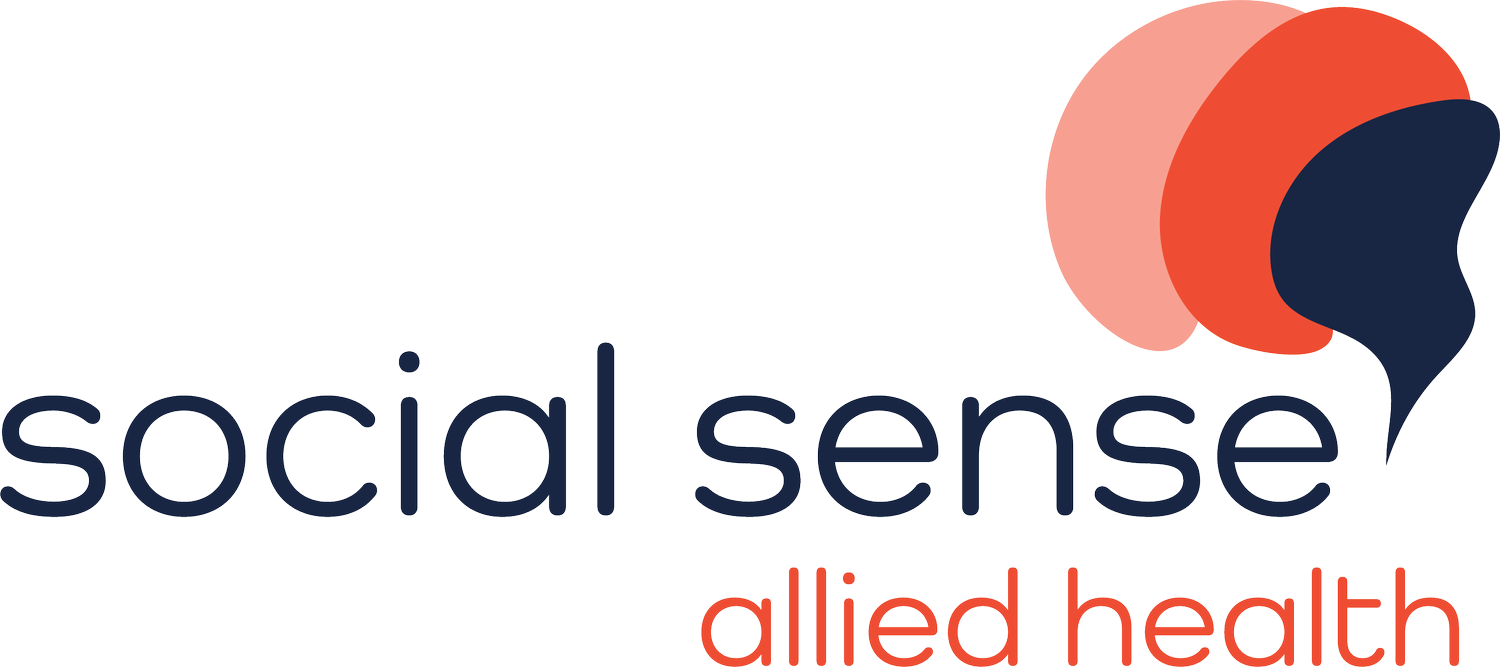Clinical Supervision
Don is registered with the Australian Association of Social Workers (AASW) and offers clinical supervision to help social workers. Don can also deliver clinical supervision for Registered Counsellors, Allied Health Professionals and other human services professionals such as Rehabilitation Counsellors, Community Workers and Youth Workers.
Professional supervision in social work is defined as: "a forum for reflection and learning and an interactive dialogue between at least two people, one of whom is a supervisor. This dialogue shapes a process of review, reflection, critique and replenishment for professional practitioners. Supervision is a professional activity in which practitioners are engaged throughout the duration of their careers regardless of experience or qualification. The participants are accountable to professional standards and defined competencies and to organisational policy and procedures" (Davys & Beddoe, 2010).
In addition to his 25 years’ practice experience, Don has also recently refreshed his clinical supervision knowledge with completion of the AASW’s Advanced Supervision Program and the Bouverie Centre’s (La Trobe University) Clinical Supervision Program.
The fee for Clinical Supervision is $240 (GST incl) per session including minutes.
-
Student Social Workers
Early Career Social Workers
Accredited Mental Health Social Worker
Social Workers seeking AMHSW Accreditation
Human Services Workers
Counsellors
Rehabilitation Counsellors
Case Managers
Youth Workers
Community Workers
NDIS Workers
Other Allied Health Professionals
-
Advance your professional skills and abilities
Maintain CPD requirements
Career progression and mobility
A safe space to debrief, reflect and learn
Receive constructive feedback and support to navigate identified issues, maintaining professional boundaries and ethical decision-making
Stress management, well being and self-care
Increase self-reflection and self-awareness
Develop practice wisdom
Devise professional training plans and connect to new training courses
Unpack and resolve workplace or organisational issues and line management
-
5. Benefits of supervision
• accountability (to supervisees, to their clients, to the organisation and to the profession);
• reflection (the process of thinking about the past, in the present in order to learn for the future);
• support (encouragement, guidance, validation, etc.);
• education (modelling, instructing, role-playing, referencing reading, explaining, etc.);
• offers protection to clients (cases are reviewed);
• offers reflective space to practitioners (enabling insights for improvement);
• helps practitioners identify their strengths, weaknesses, biases and world views;
• helps learning from peers;
• offers the opportunity to keep up to date with professional developments;
• alerts practitioners to ethical and professional issues in their work and creates ethical alertness;
• provides a forum to consider and hold the tensions that emerge from the needs of various stakeholders in a supervisee’s work (the organisation, the client, the profession);
• allows practitioners to measure the impact of their work on their lives and identify their personal reactions to their professional work (a health-and-safety early warning system);
• offers a third-person perspective (feedback) from the supervisor who is not part of the client system;
• is ultimately for the welfare of, and better service to, the client;
• creates a forum/platform of accountability for all those to whom the practitioner is accountable (organisation, clients, profession etc.) in areas such as competency, knowledge and acceptable standards of work; and
• updates workers to the best in innovation, insights and research in their chosen areas of work.
-
Child, adolescent and adult mental health
Child protection
Juvenile justice
Disability
Complex and developmental trauma
Statutory environments (child protection, violence, mental health, juvenile justice, family court)
Crisis interventions
Debriefing and safeguarding
National Disability Insurance Scheme (NDIS)
Victims of Crime
Housing and homelessness
Cognitive Behaviour Therapy
Sensorimotor Psychotherapy
Eye Movement Desensitisation and Reprocessing (EMDR)
Neurofeedback training
Leadership and change
Neurodiversity (ASD, ADHD, FASD, FND)
Positive Behaviour Support
Veterans Affairs
Neuro-affirming Practice
-
Association of Child Protection Professionals
Australian Association for Cognitive and Behaviour Therapy
Australian Association of Psychologists, Australian Association of Social Workers
Australasian Society for Bipolar and Depressive Disorders
EMDR Australia, EMDR International Association
Employee Assistance Professional Association of Australia
International Association for the Scientific Study of Intellectual and Developmental Disabilities
International Association for Suicide Prevention, International Society for the Study of Trauma and Dissociation
International Society for Traumatic Stress Studies
Neurofeedback Institute of Australia and Social Work England
